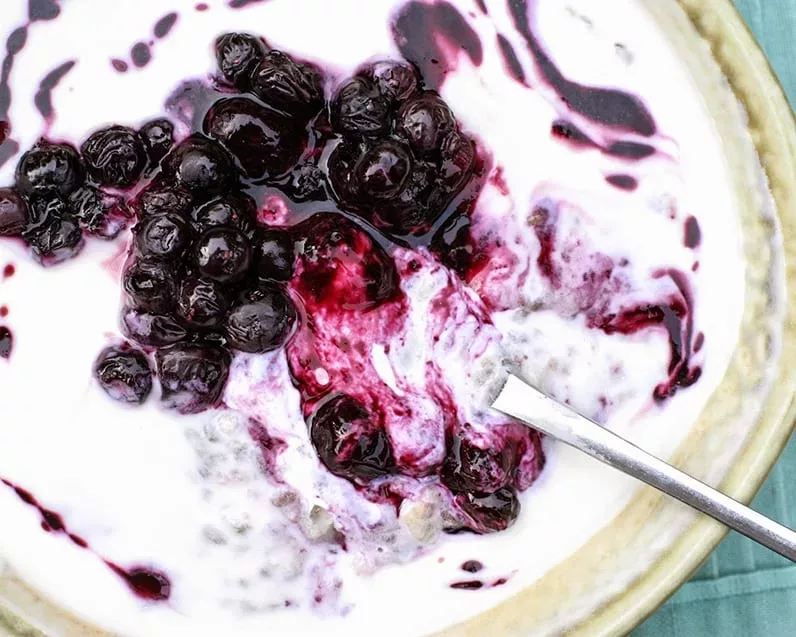
Ask the Nutritionist: Gut Health and Antibiotic Use
Dear Nutritionist: What are your top tips to help prevent side effects associated with antibiotic use?
Although at times overused, antibiotics are sometimes necessary to overcome a serious bacterial infection. However, their use can cause several negative side effects. Antibiotics kill bacteria in the gut and therefore can lead to abdominal discomfort, gas, bloating, and diarrhea. Below are my top gut-healing tips during and after antibiotic administration.
- Probiotic-rich foods such as yogurt and kefir (and probiotic supplements) should be taken 2 hours prior to or 3–4 hours after taking antibiotics. The timing is very important because the antibiotics will kill any live bacteria. Nancy’s plain kefir and yogurt are especially helpful and have been used in the hospital setting to reduce the risk of developing Clostridium difficile infections. It is best to switch between the two products, because the probiotic strains differ between each. Continue to consume probiotic rich foods for 1 week or up to 4 weeks after antibiotic treatment.
Nutritionist Tip: Take 1/4 cup of kefir or yogurt at the specified times. Continue to eat one serving of probiotic-rich foods per day to support good gut health moving forward. - In addition to taking probiotic-rich foods, probiotic supplementation can be very helpful. Look for a product that contains a mixture of both Bifidobacterium and Lactobacillus species. Products that highlight specific strains, for example L. acidophilus LA-5, indicate higher quality. Also, S. boulardii, a beneficial yeast, can be very helpful as well.
Nutritionist Tip: Ask your health care provider which probiotic is best for you. - It is essential to support your liver and kidneys, because they filter and clear bacterial die-off. Stay hydrated by drinking plenty of water. Aim for 2 liters of water per day or more to keep urine light in color. A milk thistle supplement can support the liver during the increased demands.
Nutritionist Tip: Not all milk thistle supplements are created equal. Ask your health care provider which products are of highest quality. - If you are struggling with nausea, ginger tea can help. Simply simmer a few slices of raw ginger root in water for 5 minutes, pour into a mug, add extra lemon juice, and a sweetener if desired.
Nutritionist Tip: You can also purchase ginger tea bags. Just make sure it contains real dried ginger root and not just ginger flavoring. - If you are struggling with diarrhea, enjoy foods rich in soluble fiber such as psyllium husk, bananas, applesauce, oats, cream of buckwheat, white rice, and flaxseeds/chia seeds. On the other hand, foods rich in insoluble fiber (whole grains and cereals, raw veggies, raw nuts and seeds, etc.) can promote diarrhea. Also, it is best to limit coffee due to its bowel stimulating effects.
Nutritionist Tip: Make a porridge that includes a variety of soluble fiber-rich foods such as oatmeal with grated apple and chia seeds. - Drinking bone broth between meals can be very soothing to an irritated gut due to its rich glycine content. You can make your own by following my recipe on the Co-op’s website or purchase a quality bone broth from the store.
Nutritionist Tip: Drink bone broth during and 1 week after treatment for gut healing effects. You can also use a collagen protein powder such as Great Lakes Hydrolyzed Collagen for same effects. - Slippery Elm Bark powder is very soothing to an irritated gut. You can purchase bulk powdered slippery elm at a health food store or local herb shop.
Nutritionist Tip: Mix 1 tablespoon slippery elm bark powder with ½ cup boiling water. Stir immediately until it becomes a cohesive gelatinous mixture. Eat between meals for best effect.
